FundamentAI shows how AI and nature can co-design cities of tomorrow
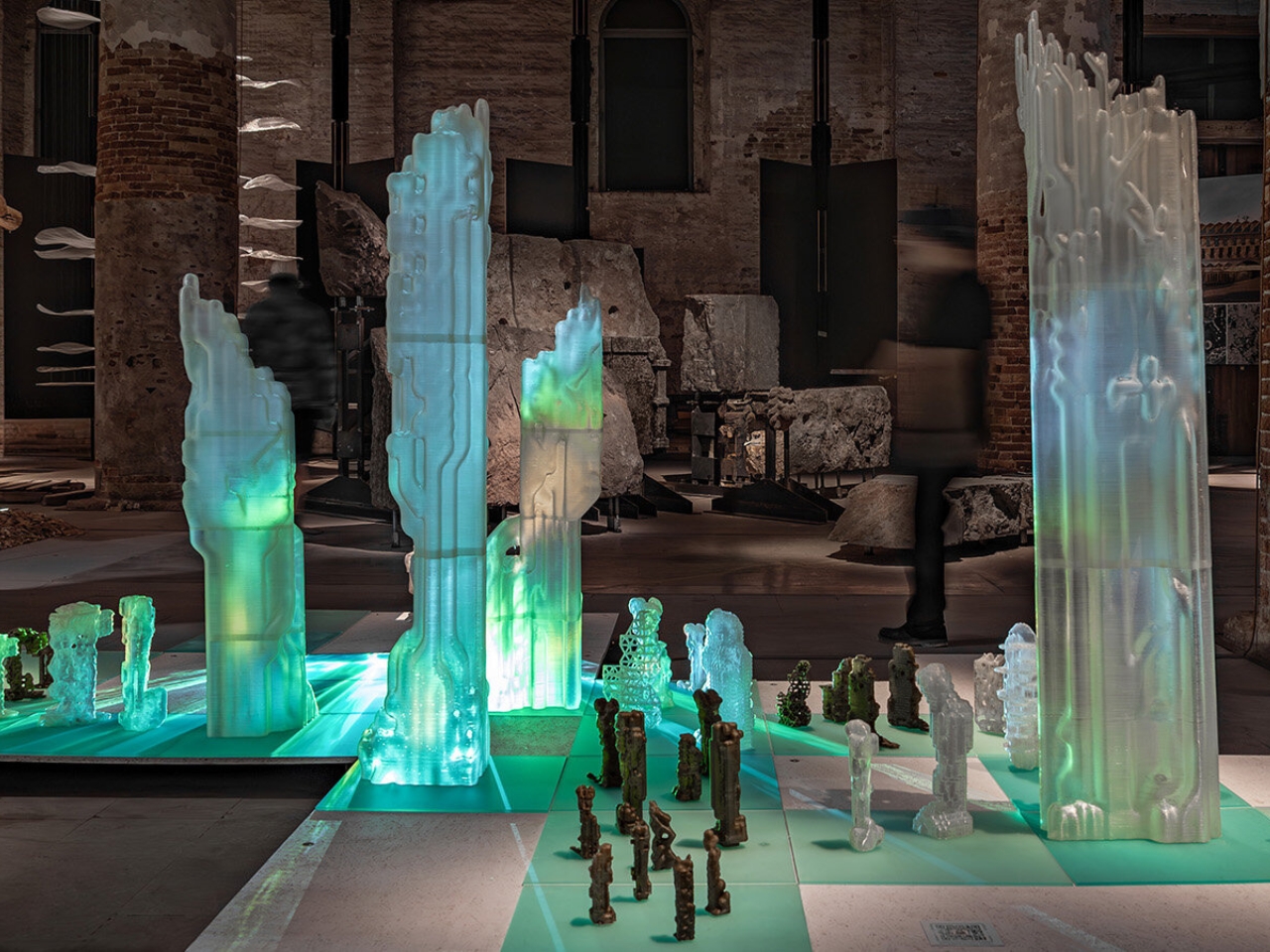

Even though you’ve probably seen “AI this” and “AI that” for the past couple of years, we’re still barely scratching the surface of what Artificial Intelligence can contribute to mankind. Whether you feel strongly against it or you’ve gotten used to it or you’re lukewarm about it, we do know that it’s here to stay. And it’s also much, much more than just getting ChatGPT to write your email or getting a Ghibli-fied photo for your Facebook post. We’re discovering ways it will be able to do good while also hopefully walking that balance between creativity and humanity and all the other ethical issues we’re facing when it comes to its use.
At the 2025 Venice Architecture Biennale, ecoLogicStudio introduces “FundamentAI,” a groundbreaking installation that merges artificial intelligence, biotechnology, and environmental data to envision a new paradigm of responsive urbanism. This project aligns seamlessly with the Biennale’s theme, “Intelligens. Natural. Artificial. Collective.,” curated by Carlo Ratti, which emphasizes the integration of diverse forms of intelligence to address contemporary architectural challenges.
Designer: ecoLogic Studio
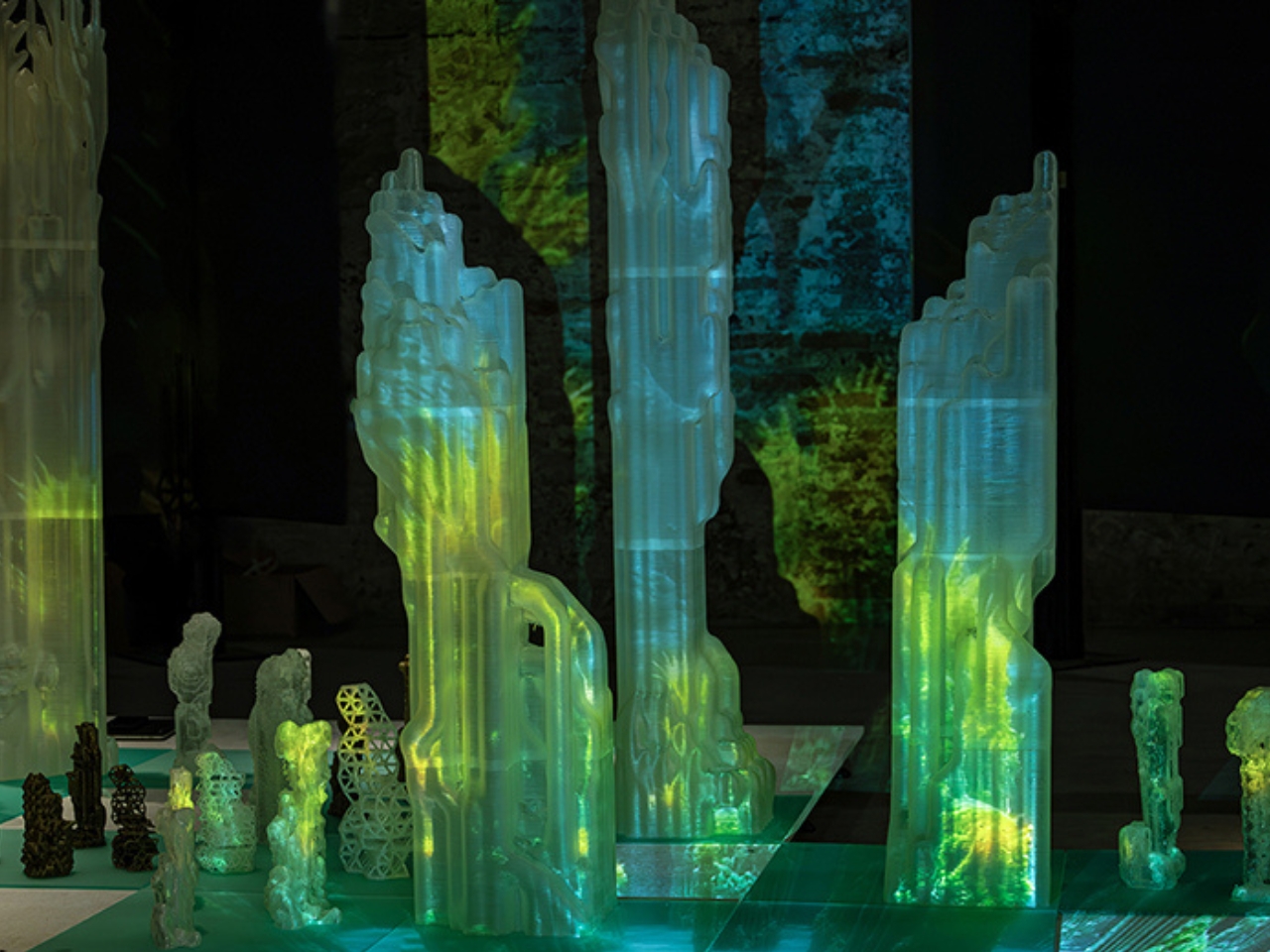

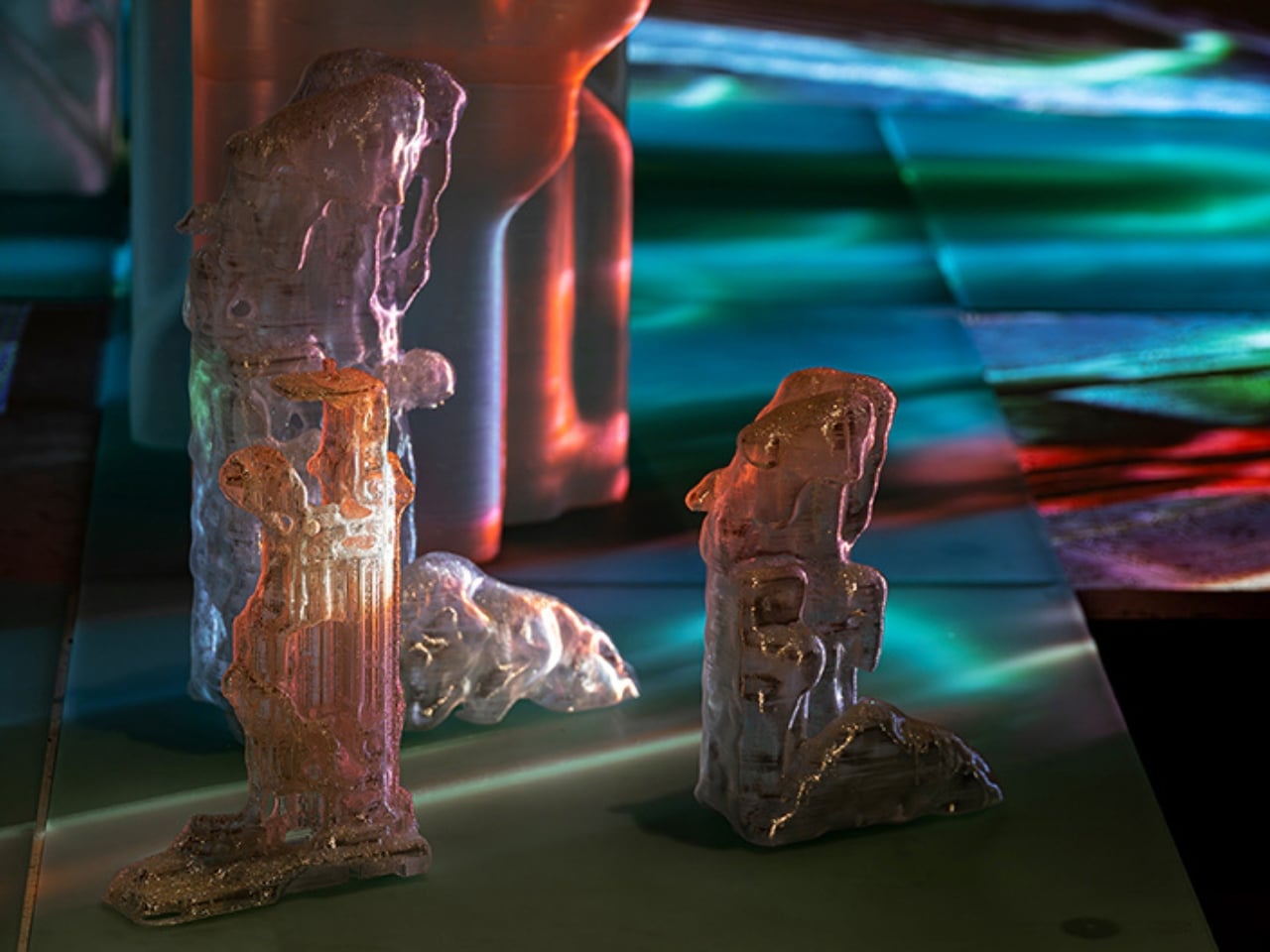

“FundamentAI” is a collaborative effort between ecoLogicStudio, the Synthetic Landscape Lab at Innsbruck University, and the Urban Morphogenesis Lab at the Bartlett, UCL. Installed at the Arsenale, the project draws inspiration from Venice’s traditional wooden ‘bricole’ foundation poles, reinterpreting them as bio-fabricated, biodegradable 3D-printed columns embedded with responsive technology. These columns are designed to interact dynamically with environmental data, particularly signals from the Venetian lagoon’s microorganisms, such as acidity levels and microbial activity.
The installation employs a suite of AI technologies to process and visualize real-time ecological data. Tools like DeepSeek-R1 and GPT-4o analyze user-submitted images and texts, while FLUX.1-dev on ComfyUI generates corresponding images. TRELLIS handles 3D modeling, and Kling AI produces animation outputs. This multimodal AI system enables the creation of adaptive architectural forms that respond to both user input and environmental conditions, effectively giving the lagoon a participatory role in the design process.
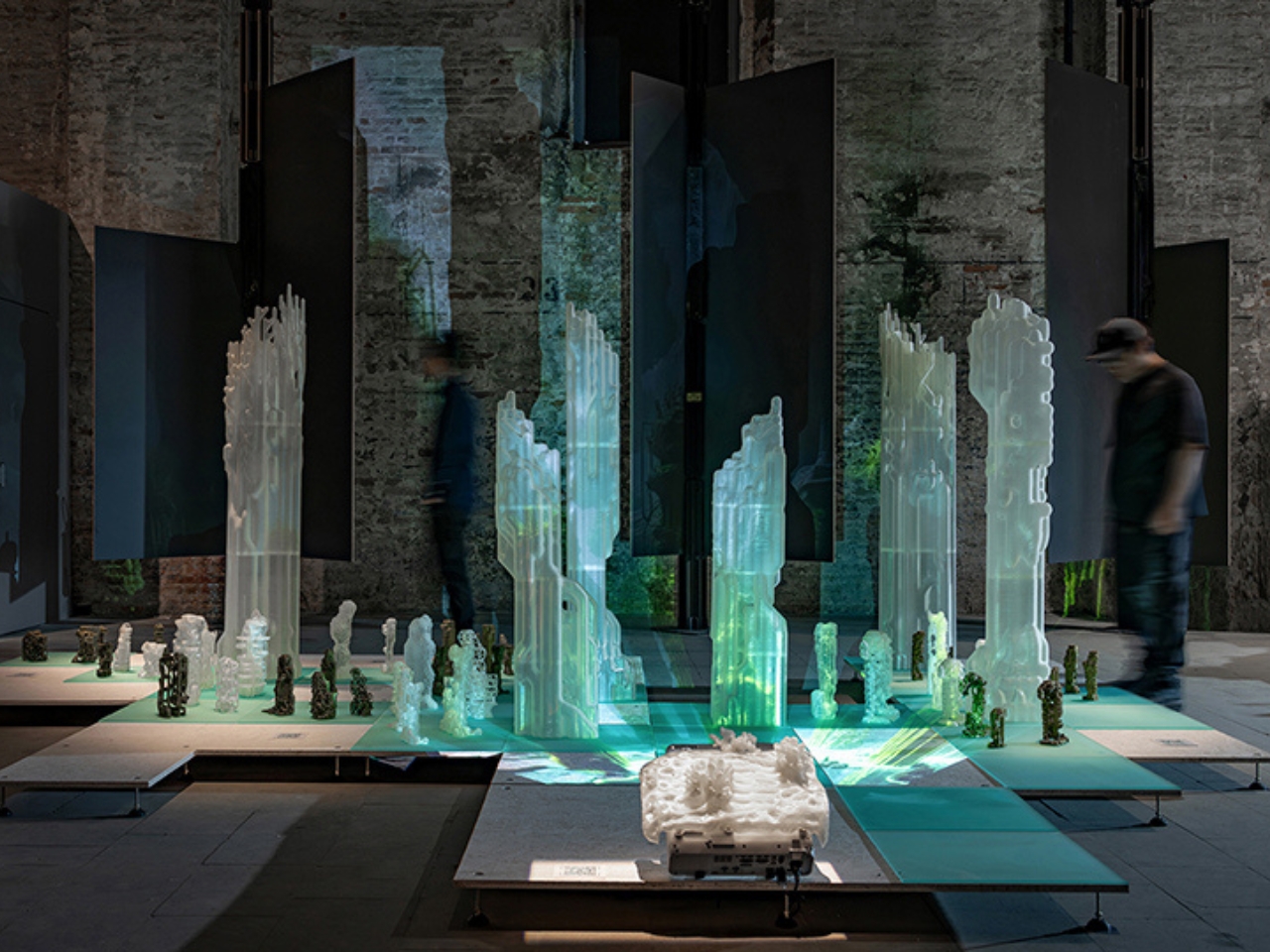

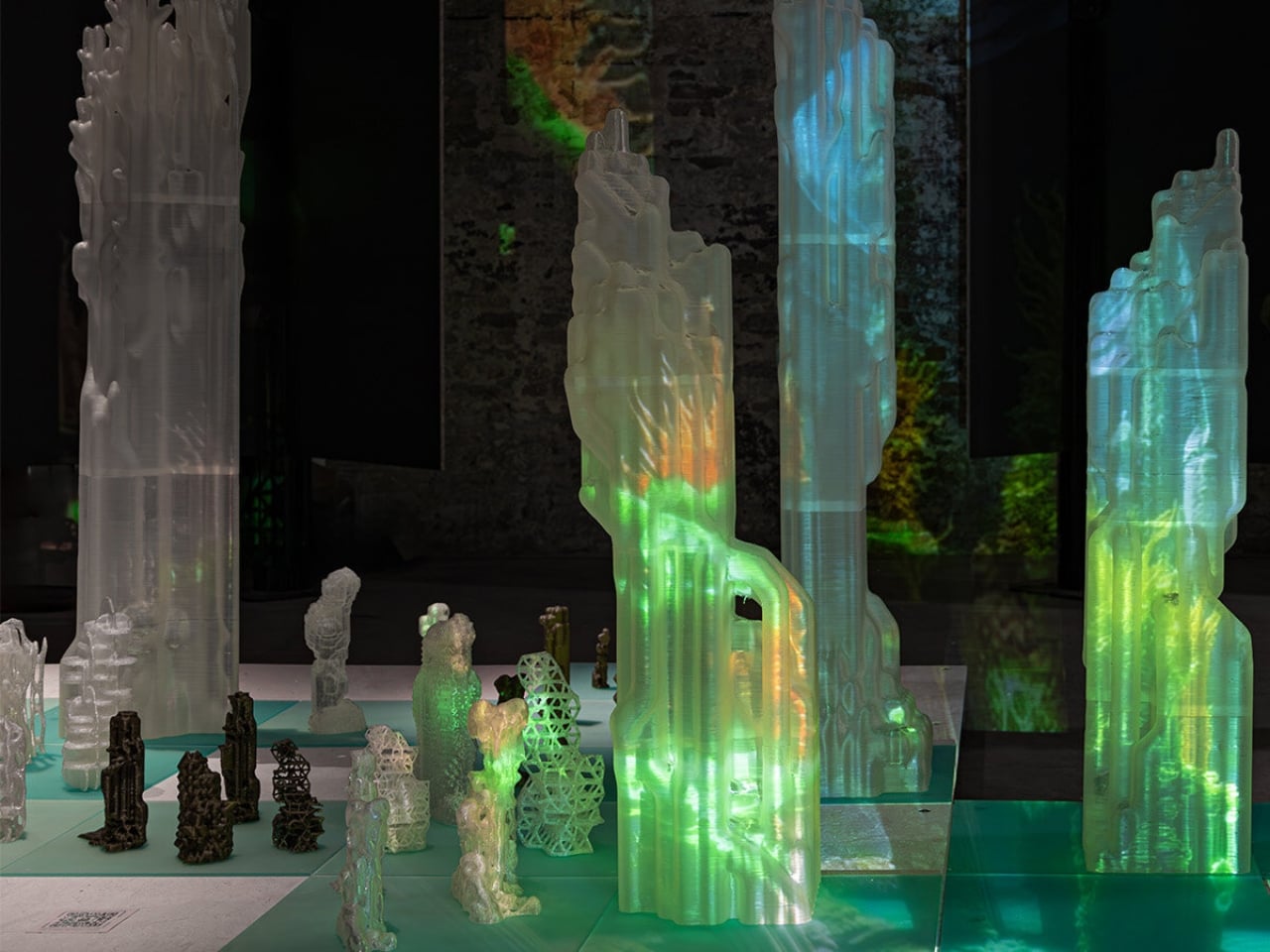

Architecturally, “FundamentAI” features a full-scale immersive environment where the 3D-printed columns respond to environmental changes with subtle lighting effects. These visual cues translate data streams, such as light intensity, acidity, and microbial growth, into atmospheric shifts within the space, creating a sensory experience that reflects the dynamic interplay between architecture and ecology. By integrating AI and ecological data into the fabric of urban design, “FundamentAI” proposes a shift from static, human-centric architecture to a more symbiotic and ecologically attuned approach. The project envisions urban environments where natural systems are not merely considered but actively participate in the design process, fostering a more sustainable and responsive urban future.




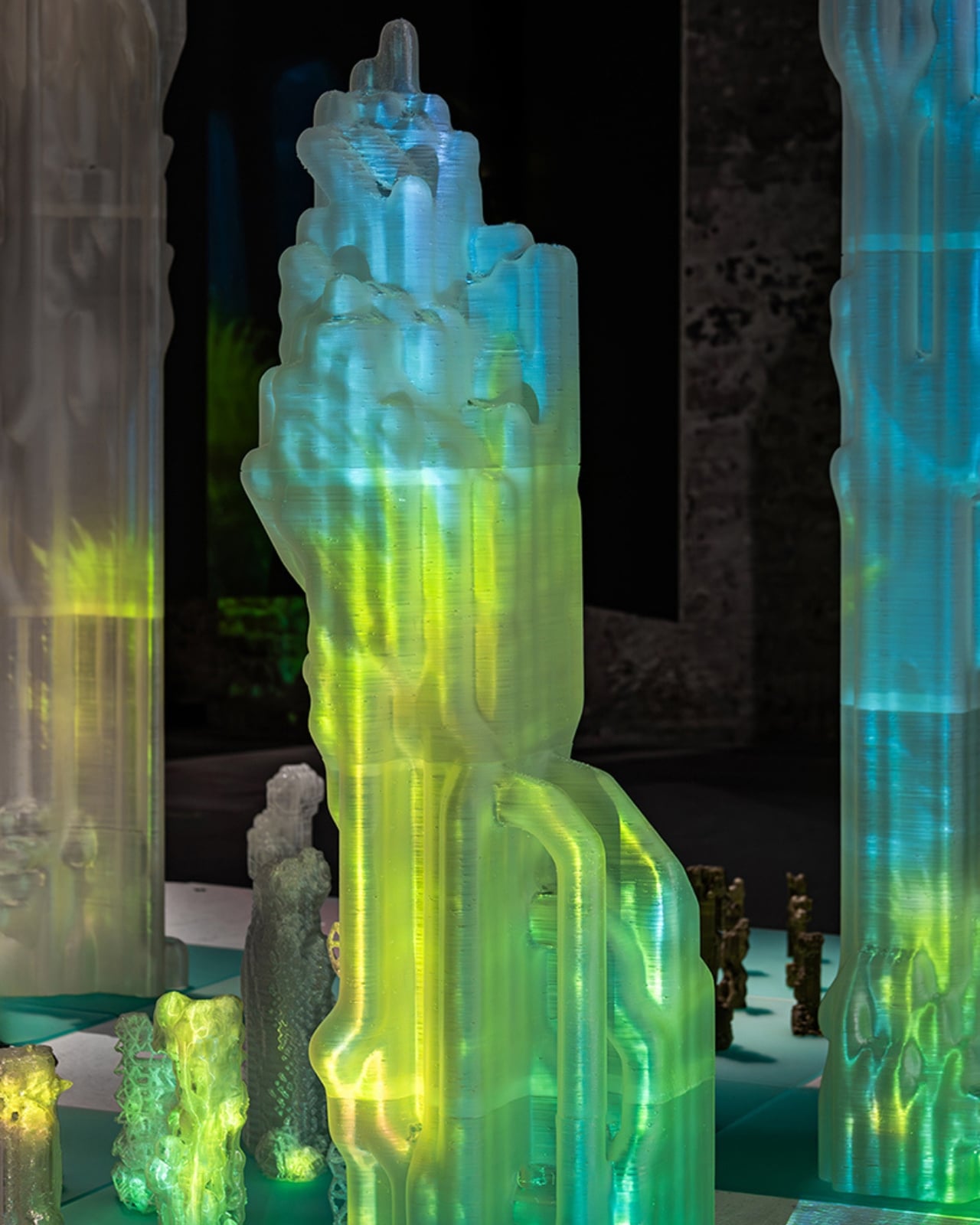

Ida Torres
If you liked the article, do not forget to share it with your friends. Follow us on Google News too, click on the star and choose us from your favorites.
If you want to read more like this article, you can visit our Technology category.